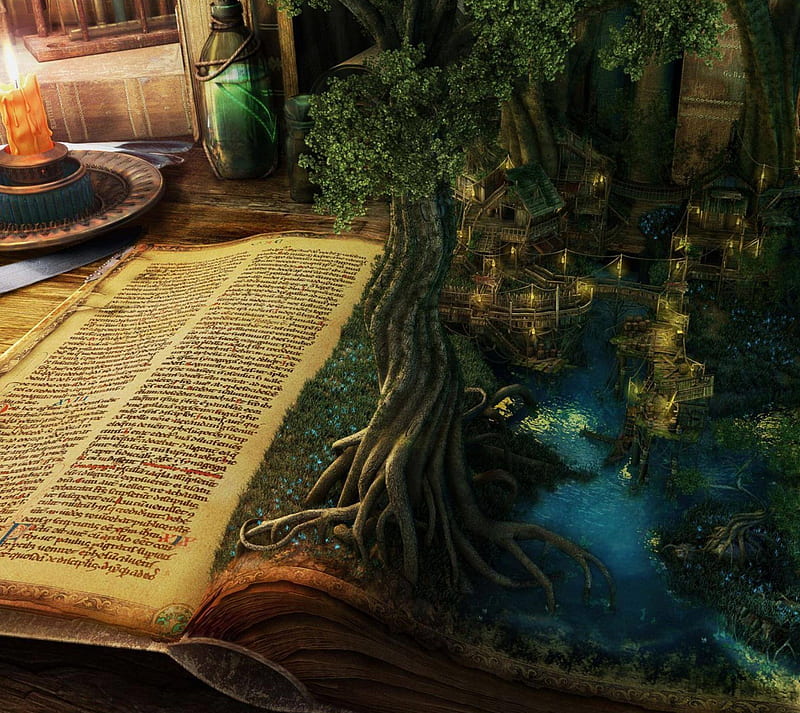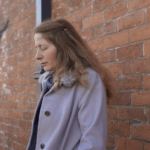Blog Post
The sheer magic of books
By Jonathon Van Maren
I was in third grade when I found out that some people are such good narrators that they become storytellers. Our teacher, Mr. Rick Span, would spend about an hour a week reading to the class. I read thousands of books growing up, but when I think of the ones he read to us, lines always leap to mind in his cadence, the way he read them. I can still recall entire paragraphs in his voice from The Cay by Theodore Taylor, or Carry On, Mr. Bowditch by Jean Latham. He wasn’t the only teacher to read aloud to us, but he was the only one with the magic.
Dozens of twitchy kids could get so caught up in the details of books none of us would have chosen voluntarily that we hardly breathed, hanging on to every word. When he read of the hurricanes in The Cay, the sun outside hid behind the clouds and the world shrank and a room full of boys and girls hung on to every word. The sound of the book closing was like coming out of a trance. I was convinced that a century ago Mr. Span would have been a teller of campfire tales, a millennium ago, a bard.
I’ve noticed in the years since my school days that the way I hear or read a story is shaped by where I am. Where you read a book becomes subconsciously part of the story and the experience. The endless pages I read on the jolting school bus each morning and afternoon stick in my memory differently than those I read in the culvert running underneath our road, where I kept one eye out for the frogs and water striders. (I quit that habit when I sprang for a frog and dumped my book into the creek.)
I listened to The Memory of Old Jack by Wendell Berry during the winter, when for a two-month period I had to do hours of driving each week. I will never be able to read anything by Berry without hearing the rich baritone of Paul Michael in my head narrating Berry’s heavy words, and lines from the book immediately bring back shiny black roads cutting through snowy fields and small towns, the dim sky announcing the arrival of dusk in late afternoon. Many of Berry’s novels are beautiful, but The Memory of Old Jack is packed with paragraphs that force pause.
“He saw that he would be distinguished not by what he was or anything he might become but by what he served,” Berry wrote. “Beyond him was the peace and rest and joy that he desired. Beyond the limits of a man’s strength or intelligence or desire or hope or faith, there is more. The cup runs over. While a man lies asleep in exhaustion and despair, helpless as a child, the soft rain falls, the trees leaf, the seed sprouts in the planted field. And when he knows that he lives by a bounty not his own, though his ruin lies behind him and again ahead of him, he will be at peace, for he has seen what is worthy.”
There’s something about reading a book in dim light that changes the way you read it, too. Last summer, I read Cormac McCarthy’s post-apocalyptic novel The Road in a little log cabin on Manitoulin Island. It rained all day, the clouds were big and black, and the story of the father and son treading through the darkened ruins of civilization was unfolding around me. I remember looking up involuntarily at the rain lashing against the windows when I came to this: “The soft black talc blew through the streets like squid ink uncoiling along a sea floor and the cold crept down and the dark came early and the scavengers passing down the steep canyons with their torches trod silky holes in the drifted ash that closed behind them silently as eyes.” For a split second, reality suspended itself and a wasteland lay beyond the door.
Books also change with the weather. I read Hemingway’s A Farewell to Arms on a road trip across the U.S., leaning back in the passenger seat with my feet up on the dashboard, bugs splattering on the windshield and golden grass browned in the summer sun dropping away on either side of the truck. I find Hemingway a bit of a slog, and so I was relieved when I reached his final lines, after his lover dies giving birth to their child (which he describes as looking like a “freshly skinned rabbit”): “After a while I went out and left the hospital and walked back to the hotel in the rain.” I shut the book, looked up at the sunshine streaming through the windows, and felt faintly ridiculous.
Anyone who reads while traveling will find their memories of the book edged by where they were. I bought Evelyn Waugh’s Sword of Honour trilogy in a little bookstore in Capetown and read it in cafes over dark coffee and in the gardens beneath Table Mountain and can still taste the thick smoky grounds when my eyes skim the spine on my shelf. I read Ngugi Wa Thong’o’s Weep Not, Child in Tanzania, and the taste of the fine red dust is what I remember as keenly as the mauling rendering of the Mau Mau rebellion. I took Ronald Suny’s They Can Live in the Desert and Nowhere Else to Turkey, and it is the cacophony of the call to prayer coming from the Blue Mosque blending with the coarse cawing of the gulls over the Bosphorus Strait as I read on the roof.
Readers will know what I am talking about. “Man reading should be man intensely alive,” Ezra Pound observed. “The book should be a ball of light in one’s hand.” Carl Sagan agreed. “One glance at a book and you hear the voice of another person, perhaps someone dead for 1,000 years,” he wrote. “To read is to voyage through time.” Everybody reads a different version of the same book, because everyone reads the book in a different place, surrounded by different sounds, smells, and background murmurings. Their senses are alive in different ways and to different things, and thus a thousand-year-old story becomes new again, and men and women rise from the pages to meet us where we are.









Wonderful description, and entries Sir Jon. May I add, that when I read the ‘Classics’, I try to get them in Leather bound. There is something about the smell of leather in a classic that enhances the experience.
I introduced a friend to the Classics by lending him (Leather Bound) “Crime and Punishment” by Dostoevsky. When finished he told me “I look at people differently now”.
I just read that book this year for the first time!
Hi Jonathan,
I work with Janet Les, for Chilliwack Learning Society. She sent me this article. Would you be interested in recording a 3-minute interview with me, or a video by yourself, for our One Good Book series? https://chilliwacklearning.com/2022/02/15/one-good-book-with-annette-literacy-outreach-worker-episode-3/
Can you please email me at jvanmaren@endthekilling.ca?
Great essay! I love the illustration. I think that the reader’s experience is also affected by the music you’re listening to at the time of reading; there can be some unusual juxtapositions.